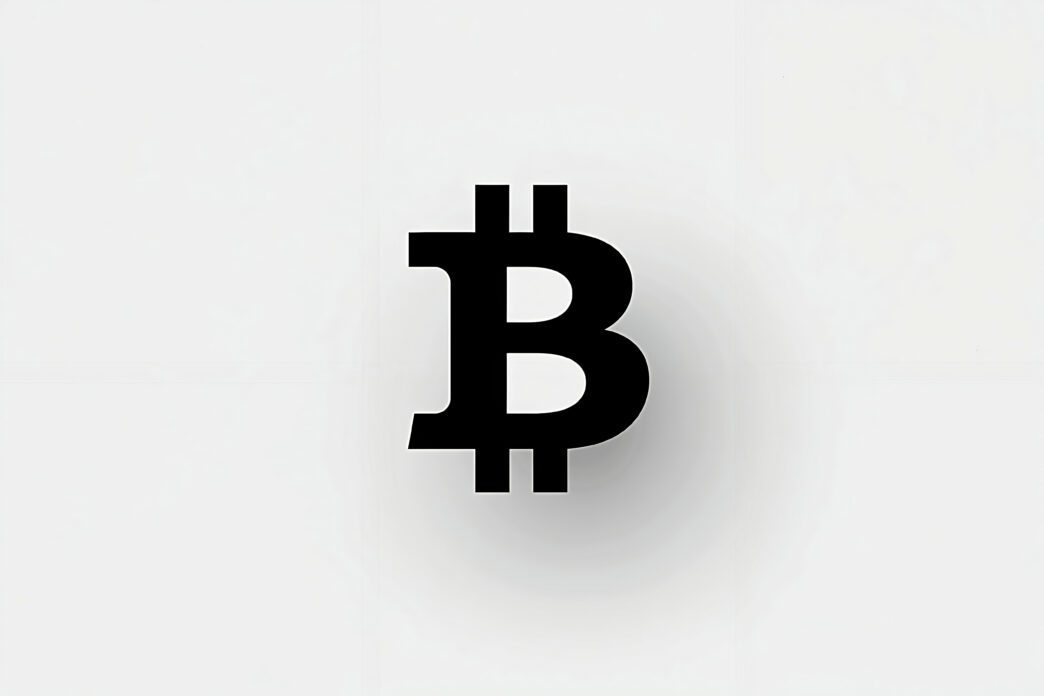Executive Summary
- A federal appeals court rejected Michael Prime’s claim for over $354 million in Bitcoin, upholding a lower court’s decision due to his “inexcusable delay” and conflicting statements.
- Prime alleged authorities destroyed a hard drive containing cryptographic keys for his Bitcoin after he initially denied having digital assets, leading to the permanent loss of access.
- The ruling highlights the critical importance of timely and consistent claims regarding digital assets in legal proceedings, as lost private keys make Bitcoin permanently inaccessible.
The Story So Far
- Michael Prime, arrested in 2019 for counterfeiting and identity theft, claimed authorities destroyed a hard drive containing cryptographic keys to over $354 million in Bitcoin after his release from prison. However, a federal appeals court rejected his attempt to reclaim these funds, citing his “inexcusable delay” and conflicting statements about his cryptocurrency holdings, which prejudiced the government’s ability to verify or return the alleged assets, underscoring the critical importance of timely and consistent claims regarding digital assets.
Why This Matters
- The federal appeals court’s decision to reject Michael Prime’s claim for $354 million in Bitcoin underscores the critical importance of timely and consistent disclosure of digital assets during legal proceedings, as inconsistent statements and delays can lead to the permanent forfeiture of substantial holdings. This ruling highlights the unique vulnerability of cryptocurrency, where the destruction of a device containing private keys effectively renders the associated Bitcoin irretrievably lost, reinforcing the irreversible nature of such losses and their impact on the total accessible supply.
Who Thinks What?
- The federal appeals court and a lower district court ruled that Michael Prime’s “inexcusable delay” and conflicting statements about his cryptocurrency holdings prejudiced the government’s ability to return property, justifying the destruction of the seized hard drive.
- Michael Prime claimed that a destroyed hard drive contained the cryptographic keys necessary to access his “close to 3,443 bitcoin” (valued at over $354 million) and sought its return after his release from prison.
A federal appeals court has rejected a Florida man’s attempt to reclaim over $354 million in Bitcoin, which he claimed was lost when authorities destroyed a seized hard drive. The Eleventh Circuit upheld a lower court’s decision, citing the plaintiff Michael Prime’s “inexcusable delay” and conflicting statements about his cryptocurrency holdings. Prime was arrested in 2019 for counterfeiting and identity theft, with the hard drive destroyed after investigators found no digital assets.
Court’s Reasoning
The court’s ruling, published Tuesday, found that Prime’s prolonged denial of significant Bitcoin ownership, followed by later claims of holding “close to 3,443 bitcoin,” prejudiced the government’s ability to return the property. Federal agents, relying on his initial statements, concluded their search for digital assets and subsequently destroyed the devices seized during his arrest. Prime had sought the return of property under Rule 41(g) after his release from prison.
Prime was sentenced in 2020 to over five years for access-device fraud, aggravated identity theft, and illegal firearm possession. He later asserted that the destroyed orange hard drive contained the cryptographic keys necessary to access his substantial Bitcoin holdings. A district court had previously denied his motion in 2024, ruling the devices were “properly destroyed” due to his delayed claims.
Understanding Lost Bitcoin
It is important to note that Bitcoin itself is not stored on a hard drive but exists on a blockchain, a public, distributed ledger. What is stored locally are the private keys or wallet files that grant access to and control over Bitcoin linked to specific addresses. Without these keys, Bitcoin remains on the blockchain but is effectively inaccessible and unspendable, becoming “lost.”
The concept of lost Bitcoin is not new; Satoshi Nakamoto, Bitcoin’s pseudonymous creator, once remarked that “lost coins only make everyone else’s coins worth slightly more.” A 2025 report from Bitcoin-only financial institution River Financial estimated that between 2.3 million and 4 million BTC, representing 11% to 18% of the total supply, are permanently lost. This includes approximately 3.8 million BTC associated with wallets inactive for over a decade, out of a total supply of nearly 21 million coins.
Key Takeaways
The appeals court’s decision highlights the critical importance of timely and consistent claims regarding digital assets in legal proceedings. For Michael Prime, his inconsistent statements and delay ultimately led to the permanent loss of his opportunity to recover the alleged multi-million dollar Bitcoin fortune, underscoring the irreversible nature of lost private keys.







